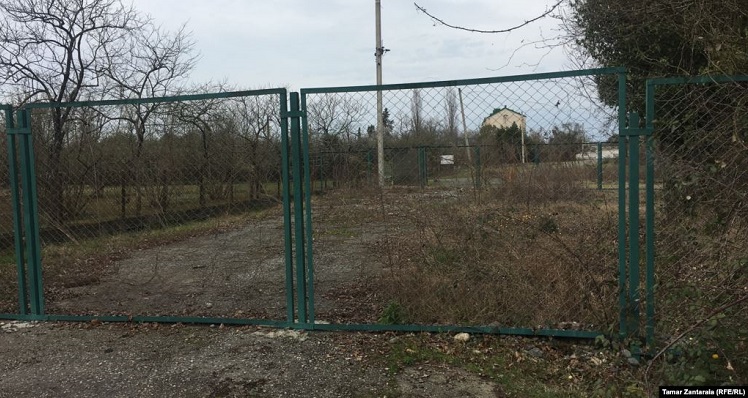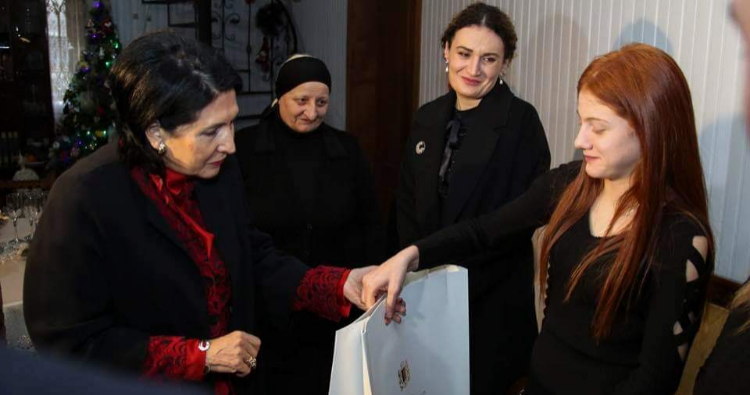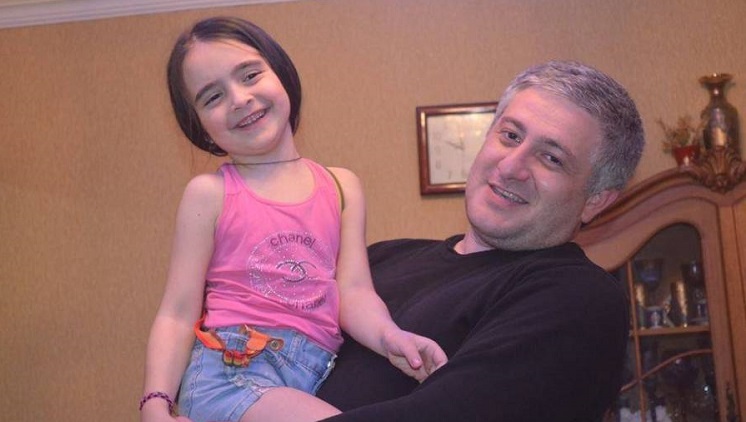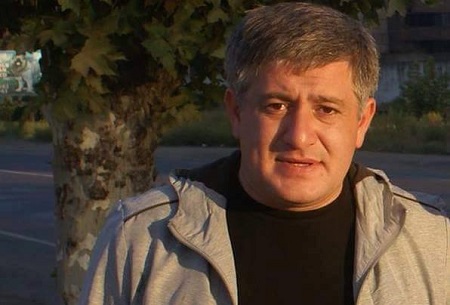ECHR finds Russia responsible for 2016 murder of Georgian citizen near occupied Abkhazia
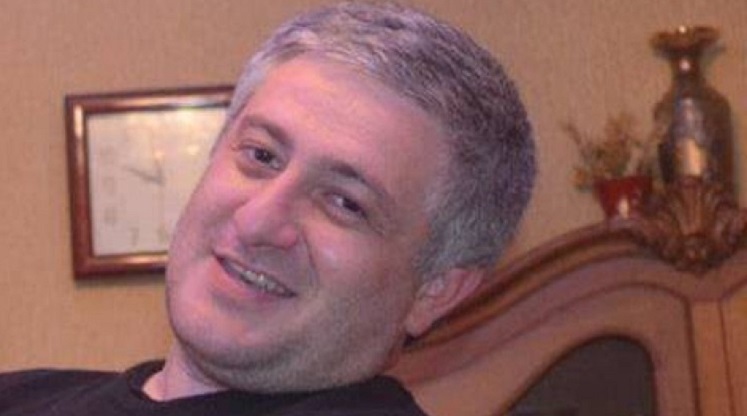
Giga Otkhozoria was killed on May 19, 2016 in the village of Khurcha, near the north-western occupied Abkhazia region. Photo source: Giga Otkhozoria’s Facebook
The European Court of Human Rights on Tuesday found Russia responsible for the murder of Giga Otkhozoria, a 30-year-old Georgian citizen who was killed by a Russian-controlled “border guard” near the country’s Russian-occupied Abkhazia region in 2016.
The Court concluded there was a breach of Article 2 of the European Convention on Human Rights, which safeguards the right to life, while also identifying a violation of Article 38, as Russia had failed to submit pertinent materials related to the criminal case.
In recognition of the non-material damages suffered by the family of Otkhozria, the Court has awarded compensation amounting to €130,000, which Russia is required to pay within three months, inclusive of any applicable taxes related to moral damages.
Responding to the ruling with the press, Julieta Chanturia, Otkhozoria’s mother, hailed the day as a “celebration of justice”, and stressed “It is now unmistakably clear that Russians are principally responsible for the inhumane end for my son”.
Georgian Justice Minister Rati Bregadze said the country’s authorities had been engaged in the case as the third party and had taken actions in gathering evidence.
It was during the tenure of the Georgian Dream Government that the opportunity arose to definitively establish the truth [over the case]. Georgia emerged victorious in all interstate legal disputes [against Russia]”, Bregadze said.
Otkhozoria was killed on May 19, 2016 in the village of Khurcha, near the north-western occupied region, during an attempt to transport food into the territory for a funeral ceremony for his late aunt.
The Russian-controlled “border guards” demanded a pay from him in exchange for being allowed to bring the products into the territory, which caused a dispute during which Otkhozoria was shot six times on the Tbilisi-controlled territory adjacent to the administrative crossing by a “border guard” identified as Rashid Kanji-Ogli.
Although the offender has been known to the public and was sentenced by Zugdidi City Court to 14 years of imprisonment in 2017, the de facto authorities of Abkhazia have refused to allow the judgement to take force.
 Tweet
Tweet  Share
Share
